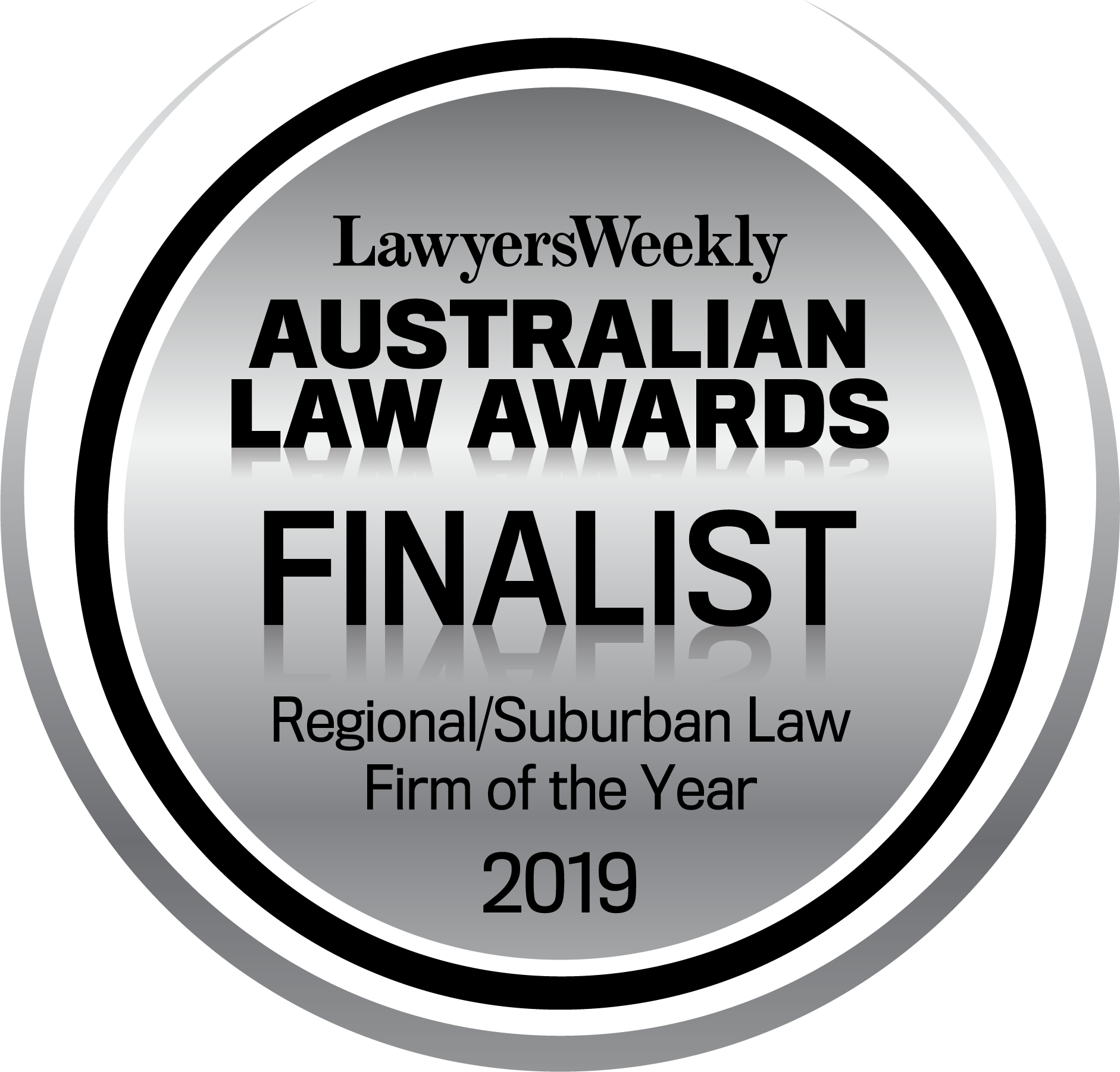What Is A Will?
A will is a formal and legal document which provides direction as to how you wish your assets (such as personal property, family home, bank accounts and insurance policies etc) to be distributed upon your death.
Your estate is administered by an executor who will be responsible for gathering in your property and for payment of all outstanding debts and taxes from the estate funds and for distributing the net assets of your estate to the beneficiaries you have nominated in your will.
Do I Have To Make A Will?
Whilst there is no legal obligation to make a will, it is of the upmost importance, no matter the extent of your assets (modest or great) to ensure that your family members and loved ones are properly provided for upon your passing and to reduce the likelihood of estate disputes occurring. Properly structured, a will can also minimise the impact of tax on the next generation.
Any person 18 years of age or older and of sound mind can make a will.
Given the complexities of the law and wills being prone to contest, it is important that you seek professional advice as to drafting your will and broader considerations of estate planning. Our team of will lawyers has the years of experience to ensure that your estate plan leaves nothing to chance and to minimise the possibility of financial and legal problems.
What Happens If You Do Not Make A Will – Rules Of Intestacy?
If you do not have a will or no will can be found, a deceased is deemed to have died intestate (which means without a will or a valid will). Your family and friends will have to decide who should be the best person to administer the estate and make an application to the Court for such a person (known as the administrator) to receive a grant of Letters of Administration from the Court, as the most appropriate person to administer an intestate person’s estate.
Your Administrator will be appointed and required to distribute your estate according to rigid formulae set down by the laws of intestacy and in accordance with the Succession Act 1981 (Qld) and the Uniform Civil Procedure Rules 1999 (Qld), which may not necessarily accord with what you would have wished.
The role of an administrator is similar to the role of an executor (where a person died with a will) and once Letters of Administration are granted, the administrator gathers in the estate, pays out any outstanding liabilities and distributes the estate in accordance with the intestacy rules. A summary of the intestacy rules is set out below.
Rules of Intestacy – where the deceased has a spouse and children
The spouse is entitled to $150,000.00 and the “household chattels” plus half of the remainder of the estate or one third where there is more than one surviving child, who will divide the remainder equally between them.
Rules of Intestacy – where the deceased has a spouse but no children
The spouse is entitled to the whole estate. If there is more than one person who fits the definition of “spouse” then complications may occur and such entitlement disputes may be resolved by alternative dispute resolution methods (negotiation, mediation etc) or the Court can make an Order.
Rules of Intestacy – where the deceased was survived by children or descendants (issue) but no spouse
“Issue” refers to the lineal descendants of the deceased such as children, or grandchildren (where their parent, the deceased’s child, is deceased) and in those circumstances, the deceased’s issue are entitled to the whole estate.
Rules of Intestacy – no issue or spouses
If there are no issue or spouse(es), the deceased’s parents are entitled to the whole estate.
If there are no issue or parents who survive the deceased, the deceased’s next of kin is entitled to the estate in the following order:
- Brothers and sisters (including the children of a brother or sister who did not survive the deceased i.e. the deceased’s nieces and nephews);
- Grandparents;
- Uncles and aunts (including the children of an uncle or aunt who did not survive the deceased i.e. the deceased’s cousins); and
- If there is no next of kin who survive the deceased, the estate is said to be bona vacantia and the Crown is entitled to the estate).
When Should I Review Or Update My Will?
It is important that, once you have made a will in Queensland, you regularly review the will to ensure it reflects your wishes. We recommend you review your will as a matter of course every few years or on the happening of any of the following events:
- Death of any beneficiary;
- Death of your executor;
- Birth of any child or grandchildren;
- Changes to your financial circumstances; and/or
- Marriage, Divorce or separation.
You are free at any time to alter your will unless you have contractual arrangements in place preventing changes (such as mutual will provisions). If you wish to alter your will or your marital circumstances change, we recommend you contact our wills and estate planning team to advise you accordingly.
If A Loved One Has Passed Away, How Can I Get A Copy Of Their Will?
When a person passes away, it is common for their relatives and loved ones to start making enquiries after the contents of a deceased’s will. Under s.33Z of the Succession Act 1981 (Qld), eligible people to inspect or obtain a certified copy of a will are:
- Those that may be mentioned in the will (even if not mentioned by name);
- Those mentioned in any earlier will as a beneficiary (even if not mentioned by name);
- A spouse, parent or child of the deceased person;
- A person who would be entitled to a share of the estate if the deceased died intestate (without a will);
- A parent or guardian of any minor falling within categories 1 and 4 above;
- A creditor or other person with a legal claim against the estate; and
- A person who may contest the will by making a family provision application.
A person in possession or control of the will or a copy of the will (if the original has been lost, stolen or destroyed) must allow any eligible person named above to inspect the will or copy and give a certified copy upon request.







